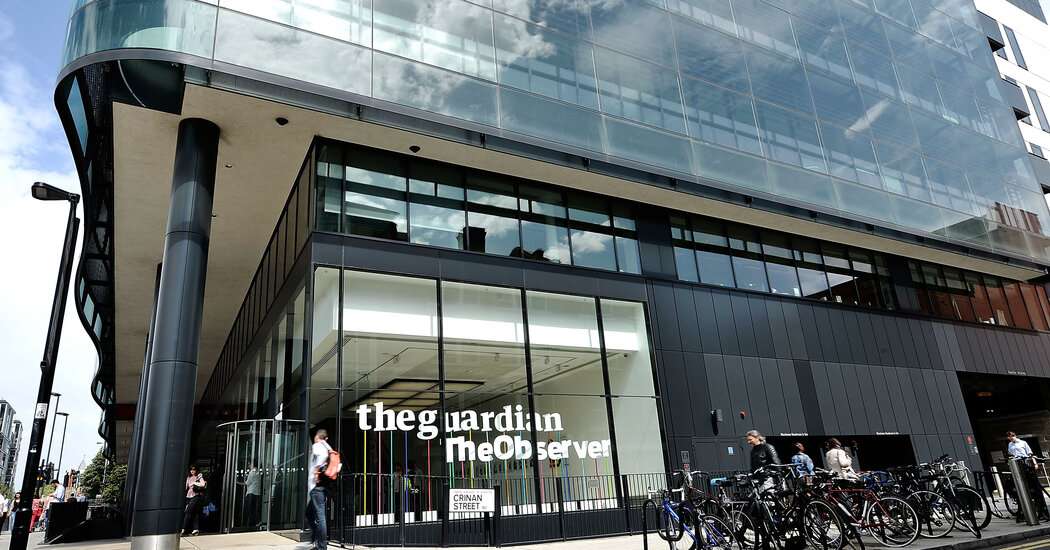Those facts weren’t much discussed until the May 2020 murder of George Floyd and the global spread of the Black Lives Matter movement. A number of British companies soon issued a public apology for their connections to the slave trade. A pub chain, Greene King, revealed that after the abolition of slavery, its founder, Benjamin Greene, had been paid the equivalent of about £500,000 or $633,000 in cash by the British government to compensate him for the losses he suffered when he gave plantations in the West Indies.
“It is inexcusable that one of our founders took advantage of slavery and opposed its abolition in the 19th century,” Greene King CEO Nick Mackenzie said in an article in The Telegraph.
That same month, the Bank of England apologized for the “inexcusable connections” involving its former governors and directors to slavery. Lloyd’s of London, the insurance giant, apologized for selling cover to slave trade participants. The company said in a statement: “This was a horrendous and shameful period in British history, as well as ours.”
The cascade of apologies was followed by a backlash. It appeared to hit peak decibel levels in September 2020 when the National Trust, the country’s conservation organization, published a list of 93 of its properties with links to slavery and colonialism, including Winston Churchill’s manor. Andrew Roberts, one of Churchill’s biographers, denounced the charity’s ‘last excursion to Wokery’.
The Guardian’s ‘Cotton Capital’ series caused delight among the paper’s ideological opponents and also drew criticism. Some historians thought the effort was both commendable and a little late. Others praised discoveries like Mr. Taylor’s slave trade, but argued that Manchester’s roots in slavery were well known, making the series feel a bit like an unnecessary slander.

